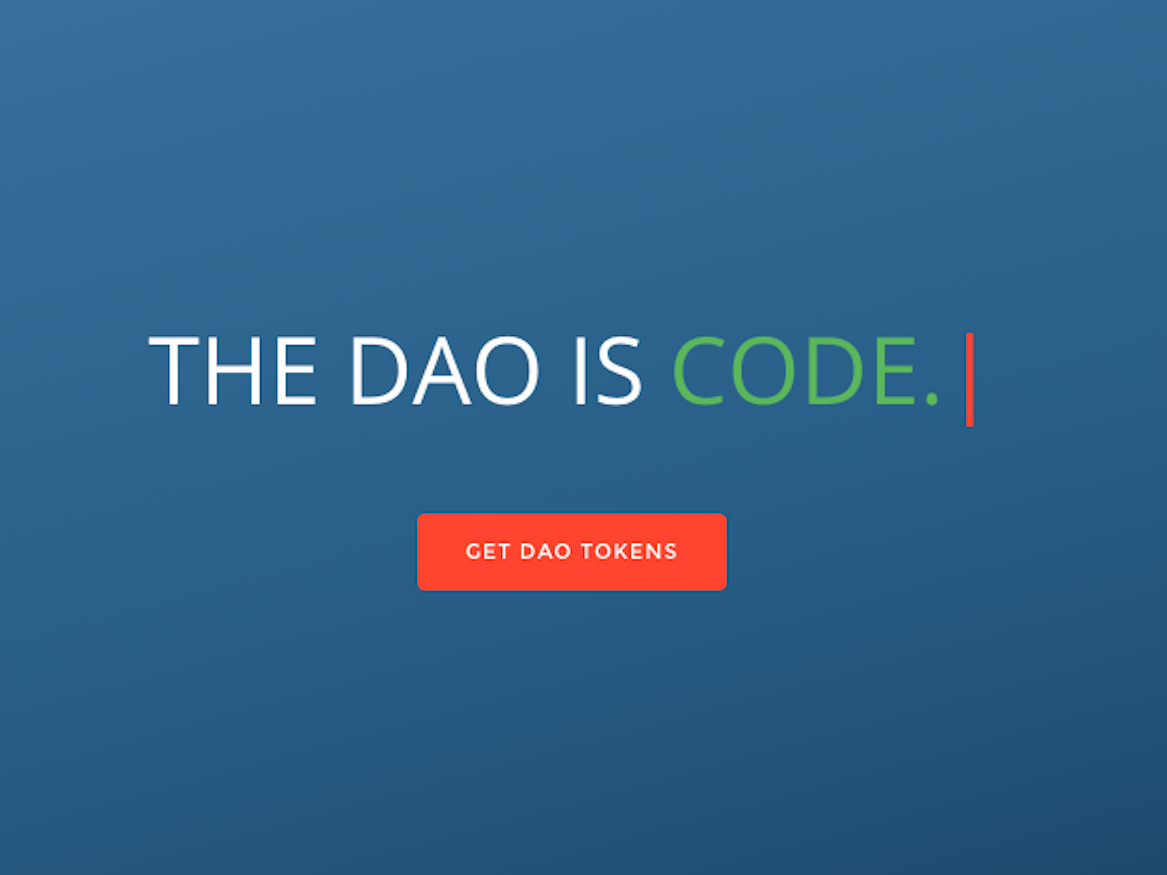As the CarbonVote tool shows, the number of tokens sent to "Yes" and "No" addresses is 87% against 13% respectively. Three days are left before the hard fork initiated.
The vote completed on the block 1,894,000. The voters had to transfer a “zero ether” to a smart contract. In case their wallet did not support 0-ETH, they could send a minimal amount of ETH (e.g. 0,0001 ETH) with a transaction fee 0,0006 ETH). They had an opportunity to cancel their decision until the end of the vote.
As Ethereum blog explains, this is how hard fork will look:
"The DAO [...], its extraBalance (0x807640a13483f8ac783c557fcdf27be11ea4ac7a), all children of the DAO creator [...] and the extrabalance of each child are encoded into a list L at block 1880000 [...] At the beginning of block X (X = 1920000, on July 20 or 21 depending on your time zone), all ether throughout all accounts in L will be transferred to contract account C [...] You can verify the solidity source code of C on etherscan. From this contract, DAO token holders can submit their DAO in order to withdraw ETH at a rate of 1 ETH = 100 DAO."
Initially, Ethereum developers intended to apply soft fork to return the funds stolen in June. However, its code turned out to contain a vulnerability potentially dangerous for the whole ecosystem.
Hard fork implies cancelling some operations previously performed within the Ethereum network. This measure, however, brings obvious risks to the system’s reputation because, as some community members have pointed out, it would undermine the trust in the reliability of the network.
The DAO investment platform was hacked on 17 June. After 3.6 mln of ethers equal to $60 mln at the time of the attack were drained from its accounts and the price of the currency fell from $21.5 to $15, exchanges were asked to postpone ether trade. Still, due to the platform design, even with no measures taken, the attacker will not be able to withdraw the stolen currency. It is notable that the thief did not violate the rules and just used a function provided by the smart contract.
Ludmila Brus

















